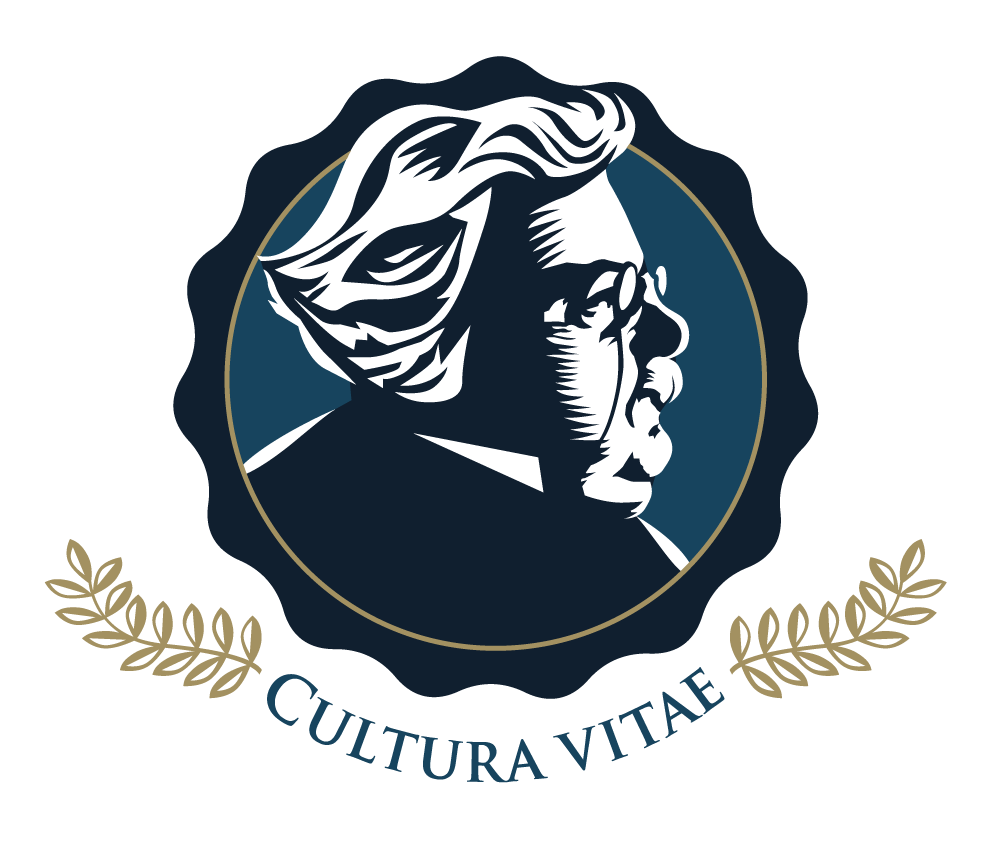On building character in our children
Right now, my wife and I are reading The Little House books to our daughters. In Farmer Boy, the ten-year-old Almanzo can yoke and drive his own team of oxen. At one point, in the middle of winter, Almanzo is hauling logs from the woods back to his home through the snow. Wow! At ten years old! I would like my children to be like Almanzo, to possess such skills (although relevant to the needs of our life today) and to be able to carry such a responsibility. If I desire my children to acquire appropriate skills and responsibility, such as doing dishes or cooking on their own, then I need to put some practices in place which will form them to do that two or three years down the road. Moreover, I need to read stories like this to my children in order to communicate such a vision of human life. Now that your children are in high school the questions posed at the outset of this letter must become a conversation which aids their character development. Who do they want to become? But, we should also keep in mind that, these young men and women are still “in formation,” despite what we/they might think sometimes. We have a responsibility to propose a compelling vision character and virtue. Moreover, it is essential that we create a culture at home and at school which initiates them into the way of life which forms this character in them. Practices are the concrete “ways” or the “steps” toward the goal—our children becoming mature and responsible Christian men and women. (E.g. During Lent, almsgiving, prayer, fasting are practices which are meant to shape certain attitudes and desires in us so that we can become more Christ like.) Without deliberate practices, which are ordered toward the goal in mind, the corresponding skills and habits of character (i.e., virtues) will not be take shape in them.
With our children, let us begin/continue the conversation about character, and ponder how we can communicate the reason for certain practices (and rules) so that they might become men and women who are “fully alive” (St. Irenaeus).
